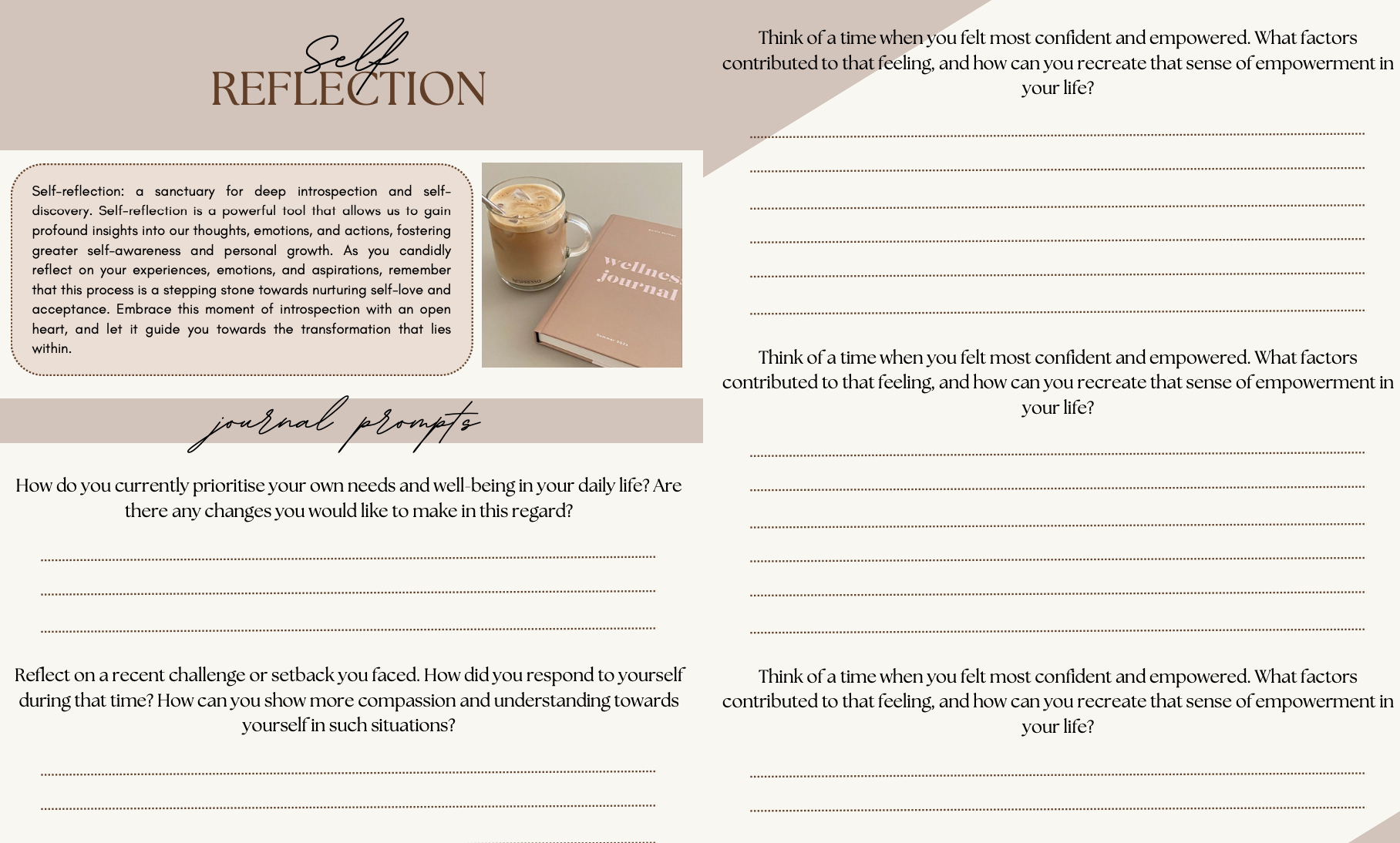Beyond Bubble Baths: The Real Work of Self-Love
We hear it all the time—self-love is important. But when the conversation around self-love pops up, it often gets reduced to spa days, face masks, and, yes, bubble baths. While those things can be great, they’re only one piece of the puzzle.
Don’t get me wrong—taking care of yourself in those ways can be a beautiful part of self-love. But self-love is so much deeper than candles and skincare. It’s about how you show up for yourself in the quiet moments, the hard moments, and even the messy ones.
True self-love is deeply psychological, emotional, and neurological. It’s about how you treat yourself when no one’s watching, the narratives you reinforce, and even how your brain processes self-worth. It’s about the way you speak to yourself, the choices you make, and how you show up in your own life. And it turns out, your brain plays a major role in all of this.
The Neuropsychology of Self-Love
Psychologists define self-love as a form of self-acceptance and self-compassion. Research by Dr. Kristin Neff on self-compassion theory shows that people who practice self-kindness are more resilient, experience less anxiety, and have higher emotional intelligence.
Our brain is wired to respond to the way we treat yourselves. In fact, self-love and self-criticism activate entirely different neural pathways. Self-criticism lights up the dorsal anterior cingulate cortex (dACC) and the amygdala, areas associated with threat detection and stress while self-compassion and self-love, on the other hand, activate the ventromedial prefrontal cortex (vmPFC), which is linked to safety, emotional regulation, and connection.
When we’re hard on yourselves, our brain reacts as if we’re under threat—flooding us with stress hormones like cortisol. Chronic self-criticism activates the amygdala, the part of our brain responsible for fear and stress. This releases cortisol, the stress hormone, which us stuck in a cycle of anxiety, self-doubt, and avoidance.
Practicing self-compassion instead stimulates the prefrontal cortex, the part of our brain linked to emotional regulation, confidence, and decision-making. It also releases oxytocin and serotonin—the same feel-good chemicals that enhance trust, safety, and resilience. Even emotional balance and confidence.
In other words, when we practice self-love, we literally rewire our brain for resilience, emotional balance, and inner peace. When we’re overly self-critical, our brain doesn’t just register it as “harsh self-talk”—it actually reacts as if we’re under attack.
Why does this matter in our life? Because how you talk to yourself directly affects:
+ Our stress levels – Negative self-talk increases stress, while self-compassion reduces it.
+ Our confidence – Self-love strengthens the neural pathways for self-trust and personal growth.
+ Our ability to form healthy relationships – The way you treat yourself sets the standard for how others treat you.
+ Our motivation & resilience – Harsh self-criticism leads to avoidance, while self-acceptance fuels progress.
The Real Work of Self-Love
Real self-love isn’t always comfortable—it requires unlearning patterns, healing past wounds, and making choices that align with our worth. But when we commit to it, our brain and our life begin to change. Self-love isn’t just a feel-good concept—it’s literally how we train our brain to be more resilient!
The real work of self-love looks like:
+ Setting Boundaries – Protecting your time, energy, and well-being without guilt.
+ Rewriting Your Inner Dialogue – Shifting from “I’m not good enough” to “I’m learning and growing.”
+ Letting Go of Perfectionism – Embracing progress over impossible standards.
+ Honoring Your Needs – Not waiting until burnout to rest, recharge, or ask for support.
When we shift from self-criticism to self-love, our brain physically rewires itself. And when our brain changes, so do our habits, emotions, relationships, and overall well-being.
A Gift for Your Self-Love Journey
To support you in turning inward this month, throughout this month, I’m offering more than 50% off my Digital Self-Love Journal—a guided space to explore your needs, cultivate compassion, and strengthen the relationship that matters most: the one with yourself.
Real self-love is not always comfortable. It means unlearning patterns, healing past wounds, and making decisions that align with your worth—even when they’re hard.
Bubble baths are wonderful. But if you’re avoiding the deep work of self-love, no amount of lavender-scented bath bombs will heal what needs to be faced.
So, tell me—what’s one way you’re showing yourself real self-love today?
PS - As an additional loving act towards yourself, re-treat yourself to an immersive weekend of empowerment, transformation, and encouraging tribe. Secure your spot at April’s Rekindle Your Magic retreat - I’ll look forward to supporting you on this beautiful journey!

